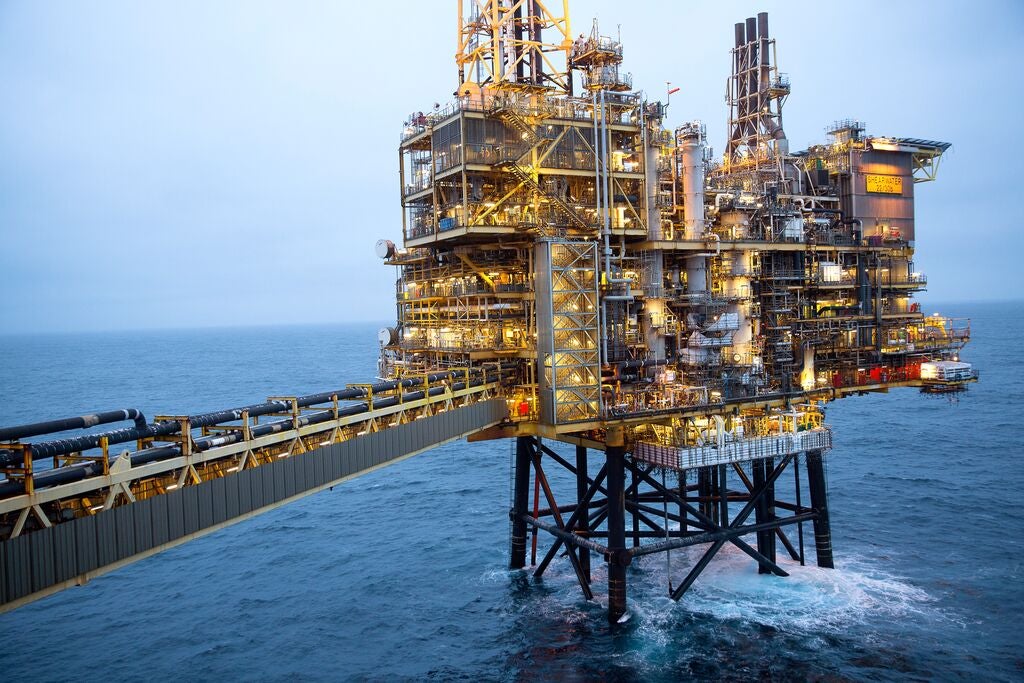
UK industry regulator the North Sea Transition Authority (NSTA) has reported a 50% drop in North Sea flaring since 2018. This follows four years of reductions driven by measures to make UK oil and gas production less wasteful.
Offshore flaring fell by 13% in 2022 to 22 billion cubic feet (bcf) of gas, despite a 17% increase in gas production. This contributes to an overall reduction of 50% since 2018, when volumes totalled 44bcf. However, venting, when gas is released into the atmosphere without being burned, increased by 5% to 2.9bcf in 2022.
Increased pressure on oil companies to lower their emissions and investments in gas recovery equipment by the industry have aided the decline.
Flaring is a process through which excess natural gas released during oil and gas extraction is burned as a method of disposal. Low natural gas prices and lack of sufficient infrastructure mean that burning released gas is often more economical than capturing and transporting it. It is sometimes also considered a necessary measure to maintain operational safety in industrial processes.
Around a fifth of emissions from North Sea oil and gas production currently come from flaring, which mainly releases carbon dioxide. This is equivalent to 1% of the UK’s total annual carbon dioxide emissions.
A report by Unearthed, the investigative news branch of environmental activist group Greenpeace, found that between 2015-2019, oil and gas companies operating in the North Sea released 20 million tonnes of carbon dioxide into the atmosphere by venting and flaring.
How well do you really know your competitors?
Access the most comprehensive Company Profiles on the market, powered by GlobalData. Save hours of research. Gain competitive edge.

Thank you!
Your download email will arrive shortly
Not ready to buy yet? Download a free sample
We are confident about the unique quality of our Company Profiles. However, we want you to make the most beneficial decision for your business, so we offer a free sample that you can download by submitting the below form
By GlobalDataGreenpeace has called for the UK to follow in the footsteps of countries like Norway, which banned all ‘non-emergency’ flaring in 1972.
In 2020, the NSTA began benchmarking flaring performance. In 2021, it issued guidance stating that all new developments should have no routine flaring and venting.
The NSTA said that it tracks, monitors and reports performance of flaring and operators’ applications for flaring consents in an attempt to limit unnecessary flaring. It also issued £215,000 worth of fines in late 2022 for consents breaches.
NSTA director of strategy Hedvig Ljungerud said: “the NSTA expects reductions to continue and remains firmly focused on both supporting and challenging industry on emissions, including from flaring and venting.”



